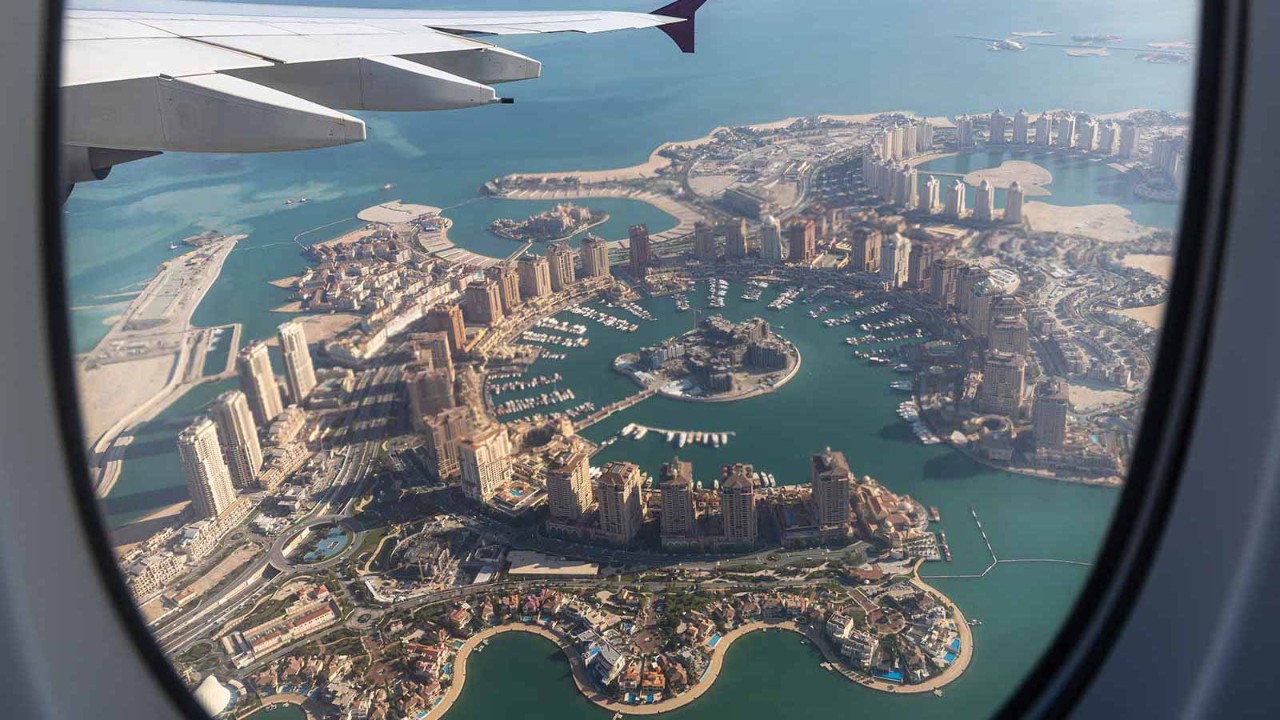
Amid the prevailing global economic climate of soaring inflation and looming recession, the economies of the Gulf Cooperation Council (GCC) are showing increasing potential to defy the projected global economic downturn.
As persistent inflationary pressures continue to strain governments and household budgets worldwide, these countries look likely to chalk up an average inflation rate of 2.9% in 2023 – significantly below the global average of 6.8%, according to the International Monetary Fund’s July 2023 World Economic Outlook update.
Above-average growth
The growth story is equally encouraging. In 2022 Saudi Arabia notably registered the highest annual growth rate among the world’s 20 biggest economies (G20), at 8.7%. Looking ahead, the most recent estimate for the region (World Bank, May 2023) is a robust 2.5% growth rate for 2023, surpassing the IMF’s July 2023 forecast average for advanced economies of 1.5%.
So what’s behind this success? Is it all down to ‘black gold’ or are other factors at play?
Of course, oil has played a major part. The ongoing Russia-Ukraine war has catapulted oil prices to surge, with Brent crude oil – the global benchmark – nearing its all-time high in 2022. This price surge has predictably benefited the GCC countries, major oil exporters, propelling them towards staggering revenues.

The surge in oil revenues has contributed to a major rise in currency reserves
According to the IMF, oil-exporting countries in the Middle East are expected to earn a cumulative windfall of about US$1 trillion over the period 2022-26. Moreover, both Saudi Arabia and the UAE recorded budget surpluses due to oil revenues, with the former’s surplus of US$27.7bn in 2022 being its first since 2014.
Additionally, the surge in oil revenues has contributed to a substantial increase in GCC countries’ foreign exchange reserves, which hit US$740bn in 2022. This ample reserve will provide a robust buffer against potential economic shocks amid global uncertainties.
Beyond black gold
However, oil is only part of the story. Governments have also demonstrated resilience and strategic acumen. In recent years, the GCC economies have taken proactive strides with strategic diversification initiatives. Steadily reducing their reliance on oil, they are fostering the growth of non-oil sectors, such as tourism, manufacturing and financial services, which have shown remarkable potential, especially at a time of energy market volatility.
Speaking in February, Kristalina Georgieva, managing director of the International Monetary Fund, attributed the GCC’s success to its ‘relentless’ pursuit of reforms and dedication to progress and prosperity.
GCC countries are expanding trade with new food suppliers and investing in agriculture
Revenues from the energy sector have been invested in critical areas such as infrastructure, education and healthcare, fostering long-term growth prospects and making the GCC countries highly attractive investment destinations. The World Bank’s May report on the GCC region projects robust growth in the non-oil sectors of 4.6% in 2023. And foreign direct investment (FDI) into the UAE alone rose 10% year on year in 2022 to a record US$23bn – a year when global FDI fell by 12%, according to the United Nations Conference on Trade and Development.
The diversification initiatives also encompass food security. As the war in Ukraine continues to disrupt global food supplies, GCC countries are expanding trade relations with new food commodity suppliers, investing in agricultural production, acquiring strategic food reserves, and actively supporting food security initiatives.
Pegging stability
Another contributory factor for the GCC is that all bar Kuwait peg their currency to the US dollar – and even Kuwait tracks a basket of currencies that includes the US dollar. This has proven instrumental in ensuring currency stability and minimising fluctuations, maintaining a stable environment for businesses to plan, as well as in attracting foreign investment.
Moreover, the dollar peg has provided a shield for the GCC economies against inflationary pressures, making imported goods more affordable and effectively managing inflationary risks.
Saudi Arabia is facing the steepest growth downgrade among major economies
Critical concerns
Despite their achievements, however, the GCC economies still face major challenges. Chief among these are addressing youth unemployment and navigating climate change vulnerabilities: critical concerns that require immediate action.
In addition, Saudi Arabia is facing the steepest growth downgrade among major economies, according to the IMF’s latest world economic outlook update. The country’s projected expansion for 2023 has been revised downward to just 1.9%, a decrease of 1.2 percentage points from earlier estimates. This comes as a result of the production cuts announced by the kingdom in April and June, in line with the OPEC+ agreement.
Yet the same IMF report states that the non-oil economy in Saudi Arabia is showing resilience; indeed, the first three months of 2023 saw a non-oil growth rate of 5.8%, driven by private investments. This can only be a positive signal for the future of the region.
Though challenges lie ahead, including the expectation of lower oil prices, the GCC countries are set on a path of diversification that holds the potential for continued growth and prosperity.




